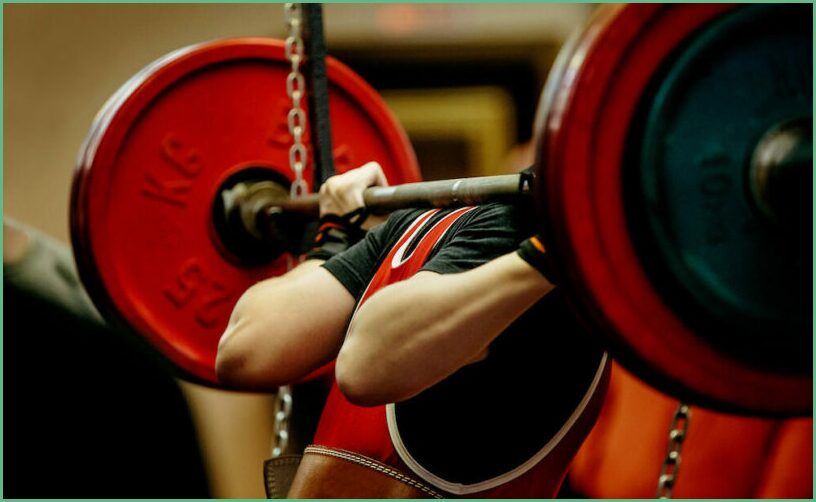The Minnesota Supreme Court has asked a lower court to decide whether USA Powerlifting has a legitimate business purpose for excluding biological males from women’s competitions, a move that puts private sports organizations and judicial oversight on a collision course. The question touches on fairness in athletics, legal standards for discrimination, and the rights of private groups to set rules. This article looks at the legal angles and what they mean for athletes, organizations, and states that want clearer lines in sport.
At the heart of this dispute is a simple idea that many Republicans support: private organizations should be able to establish categories that protect fair competition. USA Powerlifting’s policy drew scrutiny after a claim that it discriminated against a gender-confused male who wanted to compete in a women’s division. The Supreme Court’s referral asks a lower court to weigh whether the exclusion serves a real business need or whether it crosses into unlawful discrimination.
This is not just legal theater. Courts are being asked to decide whether protecting sex-based categories in sport counts as a legitimate operational choice. For teams, promoters, and members, rules are about safety, fairness, and the integrity of competition. Turning those decisions into a strict public-rights test risks stripping organizations of the tools they use to run safe and coherent events.
Many who follow this case worry about precedent. If courts force sports bodies to accept competitors in ways that ignore physiological differences, the impact will ripple across youth leagues, college sports, and amateur competitions. Competitions exist because organizers set standards; when legal pressure undermines those standards, events can lose trust and purpose. That’s why the lower court’s decision matters beyond a single lift or meet.
The legal framework the courts will use matters a lot. The question of a “legitimate business purpose” is legal jargon for whether excluding males from women’s divisions is reasonably related to an organization’s goals. From a Republican perspective, reasonable, practical judgment by private groups deserves deference unless clear discrimination is proven. Courts should avoid micromanaging technical rules they are not equipped to evaluate.
Practical realities fuel the argument for maintaining sex-separated categories. Physical differences on average between biological males and females can affect strength sports in a way that changes outcomes and safety. Competitors and their families expect transparent, predictable rules that prioritize fairness for those the categories were designed to protect. Removing that certainty invites disputes and could discourage female participation.
At the same time, courts must guard against arbitrary exclusion based on identity alone. Any decision that impacts someone’s opportunities deserves careful, fact-based consideration. Republicans typically favor outcomes that respect private association rights while ensuring that rules are justified and applied evenly. That balance is what the lower court is now being asked to assess.
This case is an invitation for lawmakers and sports leaders to clarify standards rather than rely on litigation as a primary tool. State legislatures can draft clear statutes that protect women’s sports and provide legal cover for organizations that set sex-based categories. That approach keeps policy in the political arena where voters and accountable representatives can weigh competing interests.
Beyond the courtroom, athletic communities will keep debating the best path forward. Coaches, athletes, and organizers want clarity and predictability more than legal battles. If courts give space to legitimate business purposes for categories designed to preserve fairness, sports can move forward with stability and confidence in the rules that govern competition.
